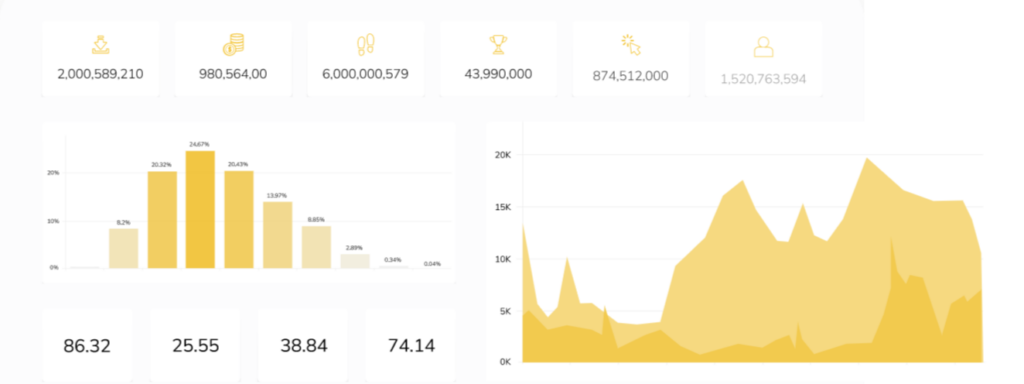
Enhancing Health Insurance During the Recession
The Benefits of a Digital Rewarding Program and Loyalty Platform for Policyholders and insurers in a recession
As the health insurance industry plays a vital role in ensuring the well-being and quality of life of individuals, it’s important for providers to prioritize meeting the evolving needs and expectations of their policyholders, especially during times of economic downturn or crisis such as the current recession.
One effective strategy for improving policyholder satisfaction and experience, while also having a positive impact during the recession, is the incorporation of a digital rewarding program and loyalty platform. Such platforms not only improve engagement and understanding of healthcare services, but they can also provide benefits for healthcare providers by prioritizing a human-centered approach and meeting the needs and expectations of policyholders (Brian Wynne, NRC Health)
How Financial stress is taking a toll on policyholder health
The current recession has had a significant impact on the physical health and wellness of individuals per NIH, with financial stress and uncertainty often leading to a decline in healthy behaviors such as physical activity and proper nutrition says Rutgers
According to the Financial Health Institute financial stress is linked to an increase in unhealthy behaviors and a decline in overall health status. Therefore, it’s important for insurance companies to recognize the impact of the recession on the health and wellness of policyholders and create customized solutions that support and encourage healthy behaviors.
By offering targeted coverage options and resources that promote physical activity and proper nutrition, insurance companies can help alleviate financial stress and support the overall health and well-being of their policyholders.

Uncovering Policyholder expectations in real time
YuviTal Health offers insurance companies a game-changing solution for meeting the evolving needs of policyholders: real-time data analysis through our Personal Health Mark (PHM) metric which is calculated using a wide range of objective and non-objective health parameters and goals, providing a numeric value for each policyholders health and accurately tracking their health improvements over time.
This valuable data, paired with Sency cutting-edge data collection and analytics capabilities, allows insurers to optimize the customer experience, personalize policies, and lower potential claim costs based on policyholders demands and expectations.
But the benefits don’t stop there. By utilizing real-time data collection and analytics, insurance companies can also improve their underwriting processes by gaining access to a greater distribution and collection of data, allowing for faster coverage and fewer hassles for policyholders. A survey conducted by McKinsey & Company, stated that policyholders who use digital tools and resources provided by their insurance company report higher levels of satisfaction and loyalty compared to those who do not. The more engaged and loyal your policyholders the more you get to predict and beat their expectations.

Staying ahead of the Recession
By utilizing digital health platforms like YuviTal, insurers can experience a significant boost in profitability. The platform’s ability to improve loop ratios, decrease future claims, and lower claims costs can lead to a reduction in expenses for insurers. Moreover, the increase in policyholder engagement and loyalty can lead to an increase in retention and customer acquisition, which ultimately results in higher revenues for the company. With the current economic situation, insurers can’t afford not to consider such a platform, YuviTal Health is the key to maintain or grow profitability, and stay ahead of the recession curve.

Don’t miss out on this opportunity to revolutionize your approach to policyholder data analysis, Schedule a meeting with us or book a demo. www.yuvital.com/health
Begin enhancing my policyholder's health
Book a meeting
You may also like

YuviTal Health: A digital wingman for healthier policyholders and advanced data collection
Discover YuviTal Health, as the digital wingman for healthier policyholder's and...
- Insurance
- Wellbeing

Step Up Your Employees’ Health and Productivity:
As an HR manager, you are always looking for ways to improve your employees' health and productivity. One simple and effective solution is to encourage your employees to track their daily steps. Not only can step tracking help employees stay motivated to move more, but it can also...
- Employee wellness
- Wellbeing
